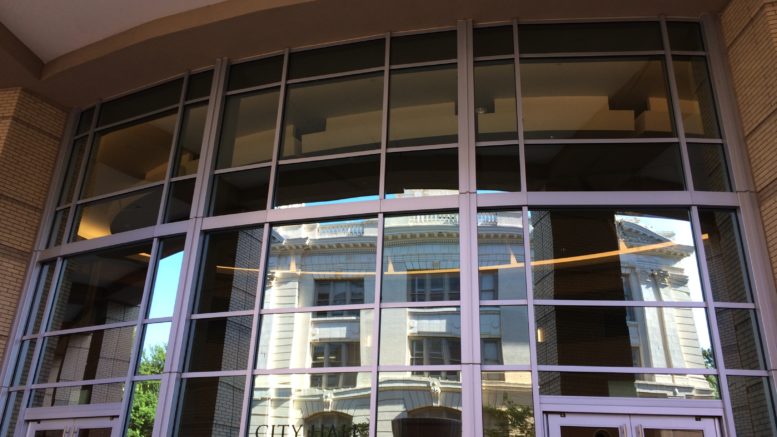A consultant says Sacramento can save millions, but some ideas target workers and unions
A consultant just handed Sacramento City Hall a list of 26 ways to cut costs or increase revenues—a potential boost of $69 million to $79 million a year, plus $20 million to $23 million in one-time money.
But whether this latest “innovation and efficiency” study goes anywhere—or mostly gathers dust—is up in the air, especially those recommendations affecting politically powerful employee unions.
After the City Council was presented the report on March 10, Mayor Darrell Steinberg said he wants to come up with $10 million to $20 million a year out of the study, and $30 million would not be “unreasonable.”
But there is already some push back from City Manager Howard Chan and department heads. While they support some revenue increases and broader recommendations, they oppose some specific ones that directly impact existing employees. They dispute how much savings can be found by eliminating vacant positions.
And city officials don’t seem all that enthusiastic about the idea of managed competition—allowing private companies to compete with city employees to provide some services—even though it has worked in some other cities. In a memo to the city auditor, who hired Management Partners to do the study, Chan says he supports further review of whether it’s a “viable strategy,” but warns it will “require discussion with labor unions.”
For instance, the study calls for using managed competition as part of restructuring garbage collection, which also includes contracting out residential pickup (as it already does for commercial) and giving workers a share of cost savings they suggest.
The city could save between $1.9 million and $3.2 million a year, the study says. That savings is essential to avoiding further garbage rate increases. In December, council members voted to raise fees by 15% this year, but it held off on two more years of rate hikes. The city could also reap about $20 million from selling garbage trucks and other equipment and negotiating a contract with a private company, the study says.
But Fabrizio Sasso, executive director of the Sacramento Central Labor Council, told the council that managed competition is “a fancy word for outsourcing and privatization.”
Steinberg says he doesn’t support any city workers losing their jobs or pay, but there are still plenty of savings in other ideas.
Management Partners is again urging another very controversial idea: Replacing a firefighter with a (cheaper) civilian paramedic in city ambulances. The consultants say this change would save $500,000 a year, but it has been strenuously and consistently opposed by the firefighters union.
It is one of six recommendations repeated from previous studies done by Management Partners—a citywide efficiency study in 2010, plus one that focused on the Fire Department in 2012.
The new 176-page report also suggests increasing the business operations tax, raising the fees on utilities when they cut into city street pavements, reducing overtime and take-home vehicles for employees and charging at parking meters on Sundays.
The consultants note that while some of the recommendations depend on negotiations with employee unions, other require voter approval. And they told the council that the easy cost-saving ideas have already been done and there will be objections to all the new ones.
“Change is hard,” they said.
But the city may be forced to follow through on some ideas, especially if the economy tanks during the coronavirus crisis.
Management Partners says the city’s finances are “tenuous” despite voter approval in 2018 of the Measure U half-cent sales tax increase, which is generating another $50 million a year.
As of Jan. 1, the city had a $33.5 million surplus in its operating budget, plus $55 million in its rainy day fund. But city projections show a $21 million budget deficit by next year, mostly due to the cost of new labor contracts and rising pension costs.
The consultants predict annual shortfalls averaging $13 million in the next 10 years—which would empty the rainy day fund by 2024-25—and say the city “will have no choice but to raise revenue, employ fewer public employees or deliver service differently.”
How much longer can the city put off those tough decisions?






In the pockets of unions, taxpayers and ratepayers. Yes. Workers don’t donate their labor. Why not let the people keep their taxes, and pay to get their services outside of government? If they want the services. That would be the freedom that many folks sermonize about. HM